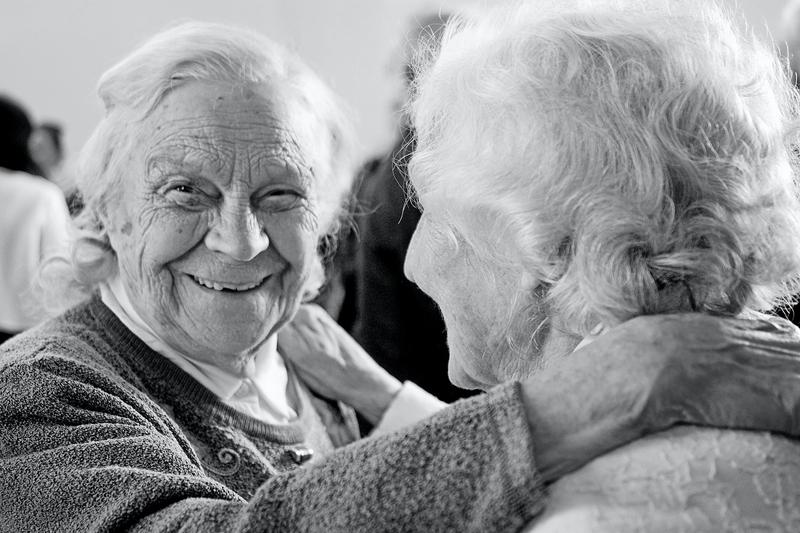Thoughts and Suggestions from an Aging Psychologist.
Part 1: Perspective
I’d like to start this series of posts with some positives about being an older adult. Yes, “positives.” The world reminds us all too often of the negatives. I would like to give voice to the opposing position and propose a list of “the good stuff” that often goes along with becoming an older adult.
I’ll cover the first three in depth in this post. Here goes!
Ten positive things about being an older adult
The Older Adult:
- Has a broader, deeper view of the world
- Has a more extensive and developed repertoire of how to survive in the world
- Is more comfortable with, and accepting of, who they are
- Feels less pressure to achieve major goals (or even create them)
- Experiences grandparenting as more pleasurable and less stressful than parenting was
- Discovers that they can still feel passion, amazement and awe
- Can still learn (this capacity doesn’t age out)
- Is able to forgive more liberally and authentically
- Can be more active in the community (old ones and new ones)
- Can relinquish membership in the “gotta run” generation (because they don’t “gotta”)

The Older Adult has a broader, deeper view of the world
I suspect that this expanded worldview is at the core of the presumed “wisdom of older age.” Unless one lives in a bubble, one has had the same number of years’ experience precisely matching one’s age. As we live those years, we process them and come to our unique understanding of the world and our place in it. I think that making a livable peace with the world, and even being able to find some humor in the surreal, helps us to accommodate what we can, and accept what we must.
The Older Adult has a more extensive and developed repertoire of how to survive in the world
Having a variety of coping strategies in our response backpack is enormously helpful. Our favorite strategies become solidified with age and practice.
We do tend to become “more like ourselves” in our thoughts, feelings and behaviors as we age. Those who have developed a broad repertoire of strategies are often in a better position to respond adaptively to problems and demands.
To “respond adaptively” means that the person is able to get their needs met and avoid excess distress. Also important is one’s ability to choose which coping strategy to use.
There is an old saying that “If you have a hammer, everything looks like a nail.” The sturdy older adult not only has access to a range of coping “tools”, but also has the ability to select wisely from among them. They might even choose not to pound on the nail at all, but rather to adjust their position so as not to rub up against it.
The Older Adult is more comfortable with, and accepting of, who they are
Over time, the pieces of the self, what collectively makes us unique, become integrated into an authentic whole. Older age is a time to achieve cohesion as many transitional pieces we may have embraced earlier in life are sloughed off, no longer being supported and integrated into our self-image. Still, over the years constancy trumps change, and one’s essential personality traits are maintained.
In “becoming old” there also comes the opportunity to be more self-accepting. This is a blessed opportunity. As we age, we quite naturally move away from reliance on external validation of who we are and what we are worth. With the usual attrition of many roles and relationships that have historically provided us with external definition and reinforcing validation, the stronger definition now increasingly comes from within. I believe that the universal tendency to reminisce in older age is a natural contribution to this transition.
Activities
For Your Journal
Review list of the three “positives” and think about how, based on your experience, you would rate your agreement with each one:
- Mostly
- Slightly
- Not at all
Writing
Do you feel that your “view of the world” has changed as you’ve aged? How would you describe this? As an older adult, do you feel more at peace with your view?
How are your “survivorship skills” (aka “coping skills”) serving you with the challenges you face? Have you learned new skills and tried them out? What can you say about this?
Now that you are (your age here), are you more self-accepting than when you were 25? 45? 60? 75?
What are your “essential personality traits?” Have these been mostly constant through your life?
Right Now
Smile broadly and greet anyone you see with a smile and a wave. Everyone loves to see a smiling face and a friendly wave.
The next post will focus on Positives 4 - 7, all about aging easier.

Photo by Artyom Kabajev on Unsplash